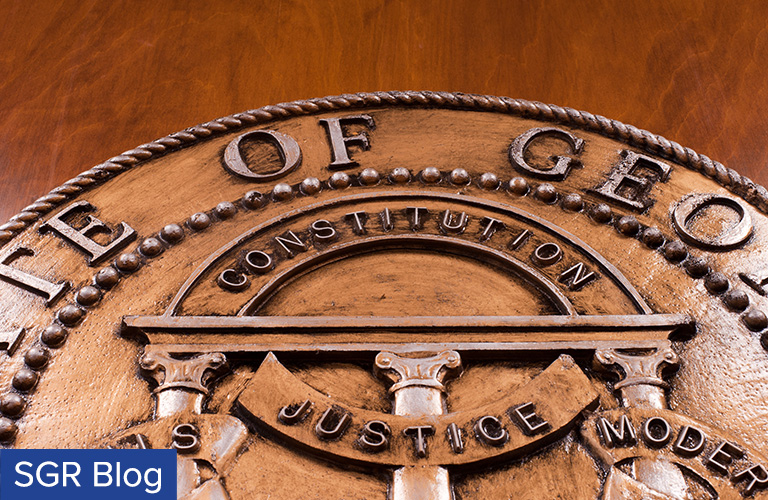
An important aspect of Georgia’s Tort Reform Act of 2005 addressed the apportionment of fault among the responsible parties. Georgia law traditionally recognized joint and severally liability among parties liable for a plaintiff’s injuries—any defendant found liable could be required to pay 100 percent of the damages awarded. The Tort Reform Act of 2005 did away with some aspects of joint and several liability. But, how much really changed? In Alston & Bird, LLP v. Hatcher Management Holdings, LLC, Case No. S20G1419 (decided August 10, 2021), the Georgia Supreme Court limited the changes made by the Tort Reform Act. The… Read more



